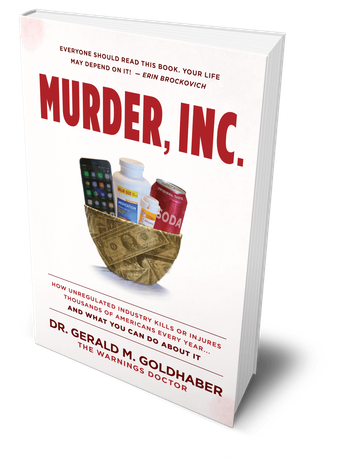DANGER: WINTER IS COMING... AND NOT IN THE GAME OF THRONES
John Steinbeck's last novel, published in 1961, was entitled "The Winter of Our Discontent", a title that came from the first two lines of William Shakespeare's "Richard III": "Now is the winter of our discontent..." Whether Steinbeck foretold the future 60 years ago or Shakespeare 428 years ago, we are definitely facing a tragic Covid winter of discontent. As I write this newsletter towards the end of October, 2020, almost 9 million Americans (at a minimum) have contracted Covid-19 and sadly, 227,000 of them have died. And, we are doing worse at fighting Covid than most of the world. While the United States represents 4% of the world's population, we account for approximately 20% of the Covid cases and deaths. Clearly, what we are doing isn't working, and according to the latest predictive model from the highly respected University of Washington's Institute for Health Metrics and Evaluation (IHME), if our behavior as a nation doesn't sharply change, we could be facing over 511,000 deaths by the end of February, 2021. That means, we would more than DOUBLE the number of deaths we have experienced after eight months of Covid-19 in THE NEXT FOUR MONTHS.
The same institute (IHME), in a recent study, predicted that we could save 130,000 lives if 95% of us wore masks whenever we came into contact with people, especially within a 6-10 foot range of us. The lead author of the study and the Director of the IHME, Christopher Murray stated, "We think the key point here is that there's a huge winter surge coming...and universal mask use can reduce an individual's risk of contracting Covid-19 by as much as 40%." Dr. Murray is first to say that the model's conclusions are based, among other factors, on our behavior. Simply stated, if we want to avoid catastrophic death tolls, we, as a society, must adopt mask-wearing as a routine and continuous practice for the foreseeable future.
And, how long will that be? Our nation's leading expert on viruses and vaccines, Dr. Anthony Fauci, now predicts that IF we have a safe and effective vaccine approved by the FDA by the end of 2020 or the beginning of 2021, it will probably take most of 2021 until sufficient numbers of us have access to and have chosen to use the vaccine...no certainty according to polls which indicate only about 1/2 of us would take a Covid-19 vaccine. Dr. Fauci and other infectious disease experts are somewhat confident that of the more than 150 coronavirus vaccines in various stages of development around the world, perhaps 1-2 of the 5 leading candidate vaccines now in Stage 3 testing, may soon be ready for FDA Emergency Use Authorization, possibly by the end of this year.
What does that mean? If a safe and effective vaccine is authorized for emergency use by the FDA, it probably will be immediately distributed to first responders, health care workers and law enforcement professionals, along with those at the highest risk of exposure and a deadly outcome, seniors in nursing homes and hospitals. Although the government, through Operation Warp Speed, has committed to producing 300 million doses of at least 1-2 of the vaccine finalists even before the safety and efficacy results are in, this is a gamble that could be lost if the results are not positive. However, even if the FDA concludes, after being advised by an independent board of health and scientific experts, that 1 or more vaccines is safe and effective and ready for distribution, it will take several months, perhaps even an entire year to distribute the vaccine to all who want it.
What's important to realize is that no vaccine will be 100% effective. Think of the flu shot. Only about 1/2 of us get one every year even though it may only be about 50-60% effective in preventing the flu, depending on the type of flu strain and its severity in the U.S. We may, in fact, need TWO doses of the winning Covid-19 vaccine(s), thus requiring over 600 million doses to be manufactured and distributed, again, assuming most of us choose to be vaccinated.
In short, we all hope for and want a vaccine for Covid-19, certainly as soon as possible. But the reality is that it could be the better part of a year before not only is a vaccine developed that is safe and effective, but that enough of us choose to be vaccinated for it to be effective throughout the United States. Another dose of reality: most vaccines take 10-15 years to develop, and the fastest ever developed, for the mumps, took scientists four years. While we may want to see the glass as 1/2 full, I for one, am committed to wearing my mask for at least another year so that our "winter of discontent" is somewhat diminished. Just remember, folks, your health affects my health and my health affects your health. WEAR YOUR MASK!
Murder Inc.: How Unregulated Industry Kills or Injures Thousands of Americans Every Year... and What You Can Do About It will be released on audiobook in November, narrated by acclaimed Jazz vocalist, Marcus Goldhaber and featuring Broadway actress and 2020 Helen Hayes Award winning actress, Shirine Babb as Erin Brockovich.
Available exclusively at Amazon, Audible and iTunes, get the audiobook of Murder, Inc. for yourself, your loved ones, and your co-workers just in time for the holidays!
You can
listen to a few clips now on the website.
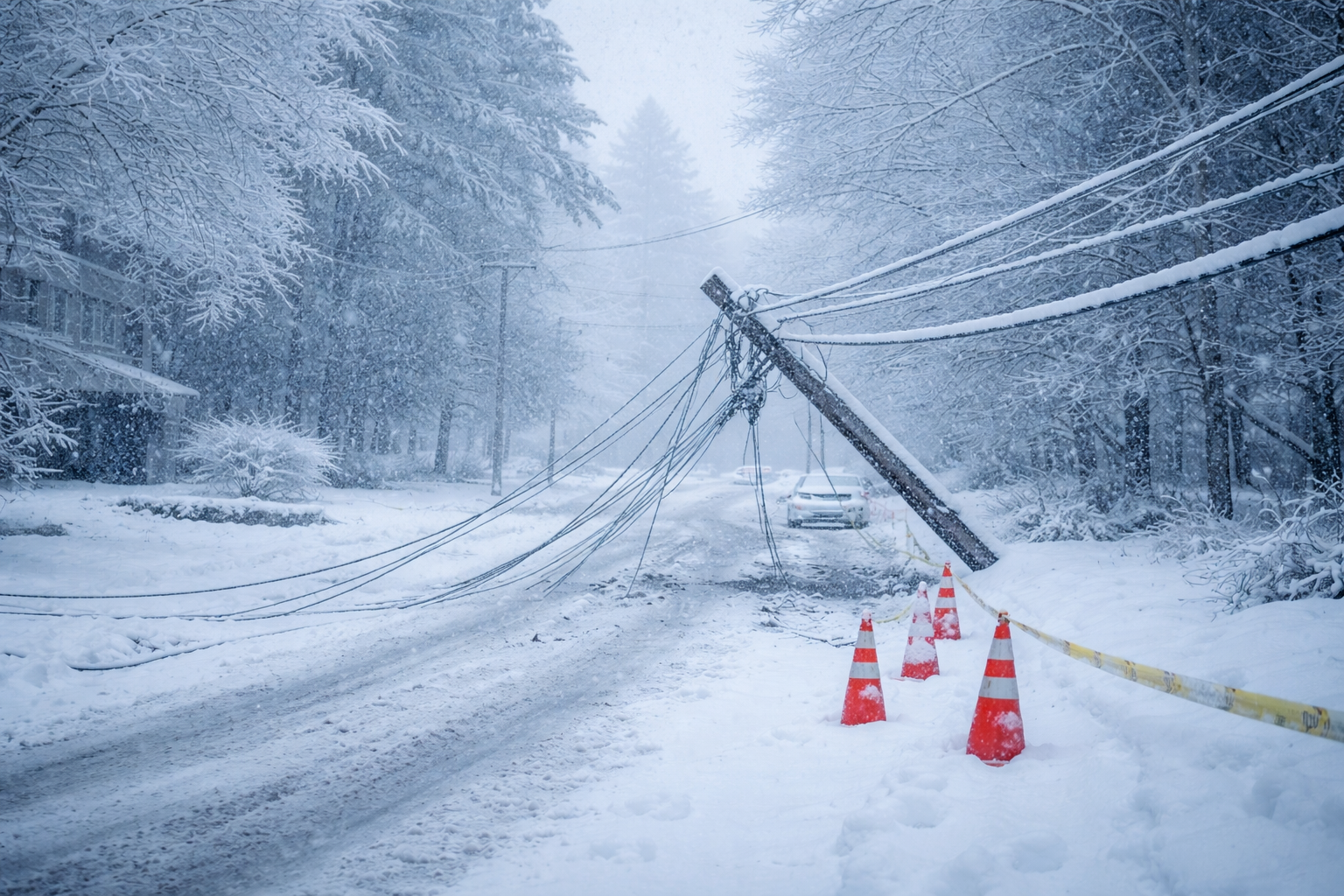
Winter in the Northern Hemisphere brings cold weather, snow, and often severe storms. These conditions can lead to power outages that last hours or even days. When electricity is lost and temperatures plummet, many households turn to alternative heating methods or portable power generators. While these actions are understandable, they can expose families to a perilous and often invisible threat: carbon monoxide (CO) poisoning .

As Thanksgiving approaches, kitchens across the country are about to come alive with the sounds and smells of holiday cooking. While this season brings family, gratitude, and plenty of delicious food, it also comes with a serious and often overlooked risk: foodborne illness. In the U.S., Salmonella and Listeria remain two of the most dangerous and persistent causes of food poisoning—especially during the holidays, when increased food preparation, crowded refrigerators, and large holiday meals create ideal conditions for bacterial growth.Whether you’re hosting your first Thanksgiving dinner or you’re a seasoned holiday chef, brushing up on a few key food safety practices can help you keep your loved ones healthy and your celebration memorable for all the right reasons.

The race to develop autonomous vehicles (AVs) has reached a pivotal moment. Alphabet-owned Waymo, widely regarded as the frontrunner in the field, has rolled out fully driverless taxis in Phoenix, San Francisco, and Los Angeles, with plans to expand to additional cities. But as more Waymo vehicles hit public roads without human drivers, the question looms large: Are they truly safer than the people they’re replacing behind the wheel?

We are now in the middle of another football season, and the question, as asked every year: Is this sport safe enough for our high school, college, and professional athletes to play? Football has always been a violent sport of collision, glory, and growing concern. Over the last decade, research tying repetitive head impacts to chronic traumatic encephalopathy (CTE) has shaken parents, players, and the game’s governing bodies. The central realities are straightforward but sobering: repeated head impacts — both diagnosed concussions and the many “sub-concussive” blows players take — are linked to later-life brain pathology; helmets and add-ons can lower impact forces, but no helmet or cover has been shown to prevent CTE; and rule and culture changes that reduce the number and severity of head impacts are where the biggest gains lie.
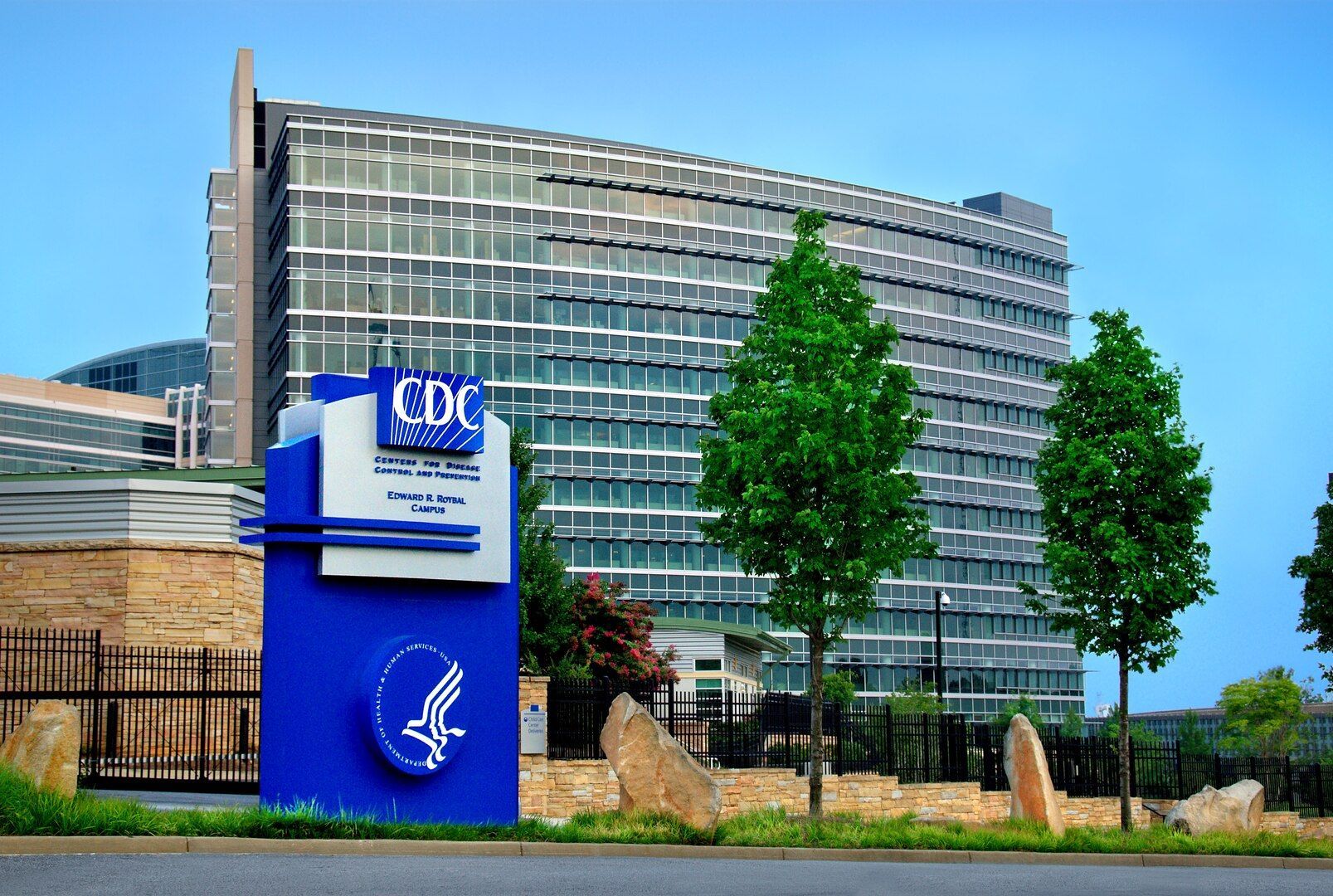
The Centers for Disease Control and Prevention (CDC) has long been viewed as the nation’s front-line defense against disease outbreaks, health emergencies, and public health threats. But today, the agency faces internal turmoil, political interference, and organizational confusion that experts warn could have dangerous consequences for the U.S. healthcare system—and for ordinary Americans.

From July 3–4, 2025, Central Texas—especially Kerr County and the Guadalupe River basin—experienced catastrophic flash flooding that claimed over 130 lives, including children and staff at Camp Mystic. As grief and outrage settle, survivors and officials alike are questioning whether enough was done to warn those most at risk.

On June 22, 2025, Governor Greg Abbott signed Senate Bill 25 (SB25), known as the Make Texas Healthy Again Act. Beginning January 1, 2027, Texas will require prominent on-pack warning labels whenever food sold in the state contains any of 44 specific additives—including synthetic colorants like Red 40, Yellow 5, Blue 1, titanium dioxide, bleached flour, and partially hydrogenated oils. The mandated label must declare the following:

The FDA is delaying implementation of a rule that would require food companies to print nutritional information on the front labels of their products. The proposed rule was developed by President Biden’s Administration, with a comment period scheduled to close on May 16. The rule is designed to help consumers make better choices to avoid chronic health problems. Such problems—and consumer choices about nutrition—are things President Trump’s Secretary of Health and Human Services, Robert F. Kennedy Jr., has repeatedly touted. Even though hundreds of comments have been filed about the proposed rule, Kennedy’s Food and Drug Administration is delaying the close of the comment period by 60 days. Most of the comments filed so far have come from food companies and food industry trade organizations. “ A 60-day comment period extension allows adequate time for interested parties to submit comments while also not significantly delaying rulemaking on the important issues in the proposed rule ,” according to the FDA’s announcement about the delay.
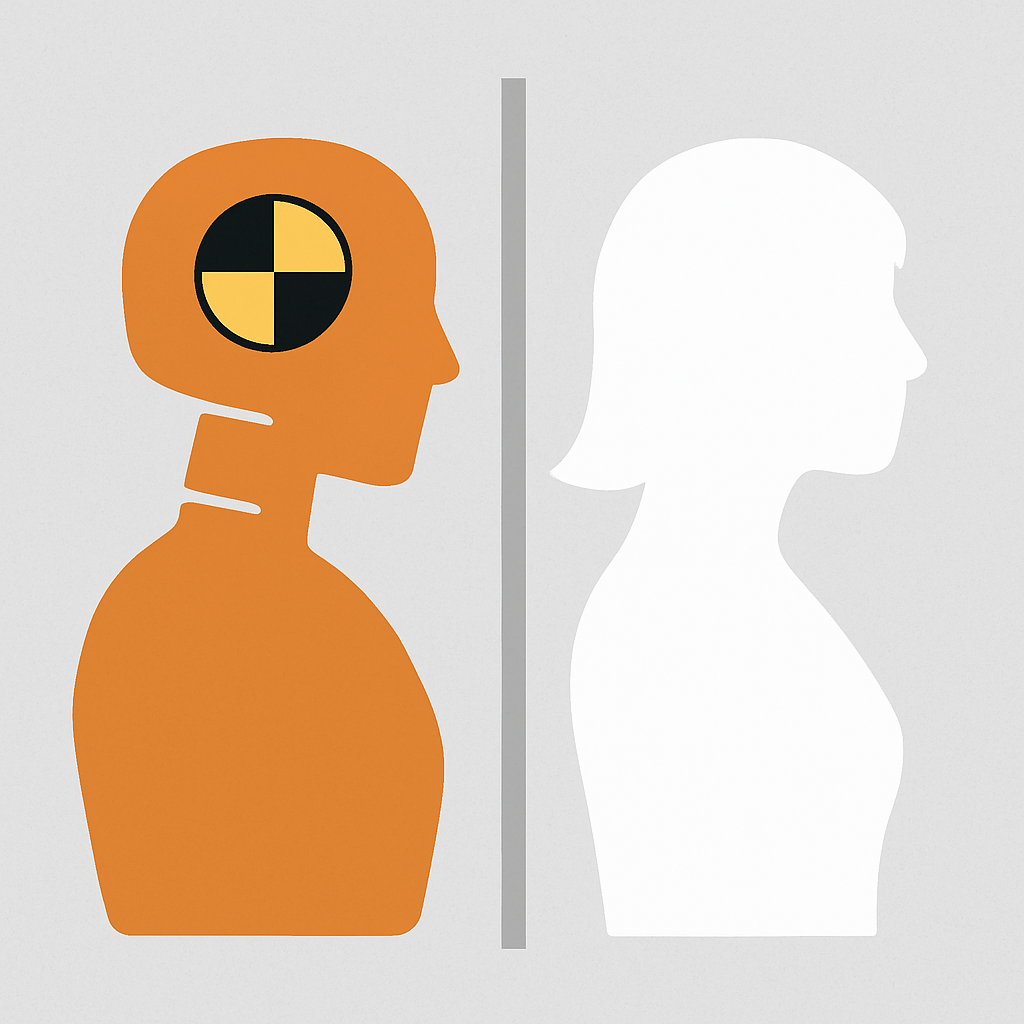
Car accidents are a leading cause of injury and death worldwide, yet the safety measures designed to protect occupants in these life-or-death situations have long ignored a critical reality: women are more likely to be severely injured or killed in crashes than men. This disparity isn't rooted in biology alone—it’s also a result of a troubling oversight in the automotive industry’s safety testing protocols. For decades, crash-test dummies, which serve as proxies for human passengers in simulated collisions, have been modeled after the average male physique, leaving women out of the equation entirely. The Alarming Data Gap The implications of this gender gap in safety testing are both staggering and infuriating. Women, on average, have different body compositions than men—they tend to be shorter, lighter, and have different muscle distributions and bone densities. These physiological differences mean that women’s bodies interact with car safety features—such as seat belts, airbags, and headrests—in distinct ways. When vehicles aren’t tested with dummies that accurately represent female anatomy, crucial data about how to better protect women in crashes is simply ignored. Studies have revealed the dire consequences of this exclusion. Research from the University of Virginia found that women are 47% more likely to sustain serious injuries in car accidents compared to men, even when accounting for variables like seatbelt usage and crash severity. Women are also significantly more likely to suffer whiplash injuries due to the positioning of headrests, which are often designed with men’s neck dimensions in mind. These statistics aren’t just numbers—they represent lives cut short, families broken, and untold suffering that could have been mitigated with equitable safety testing.
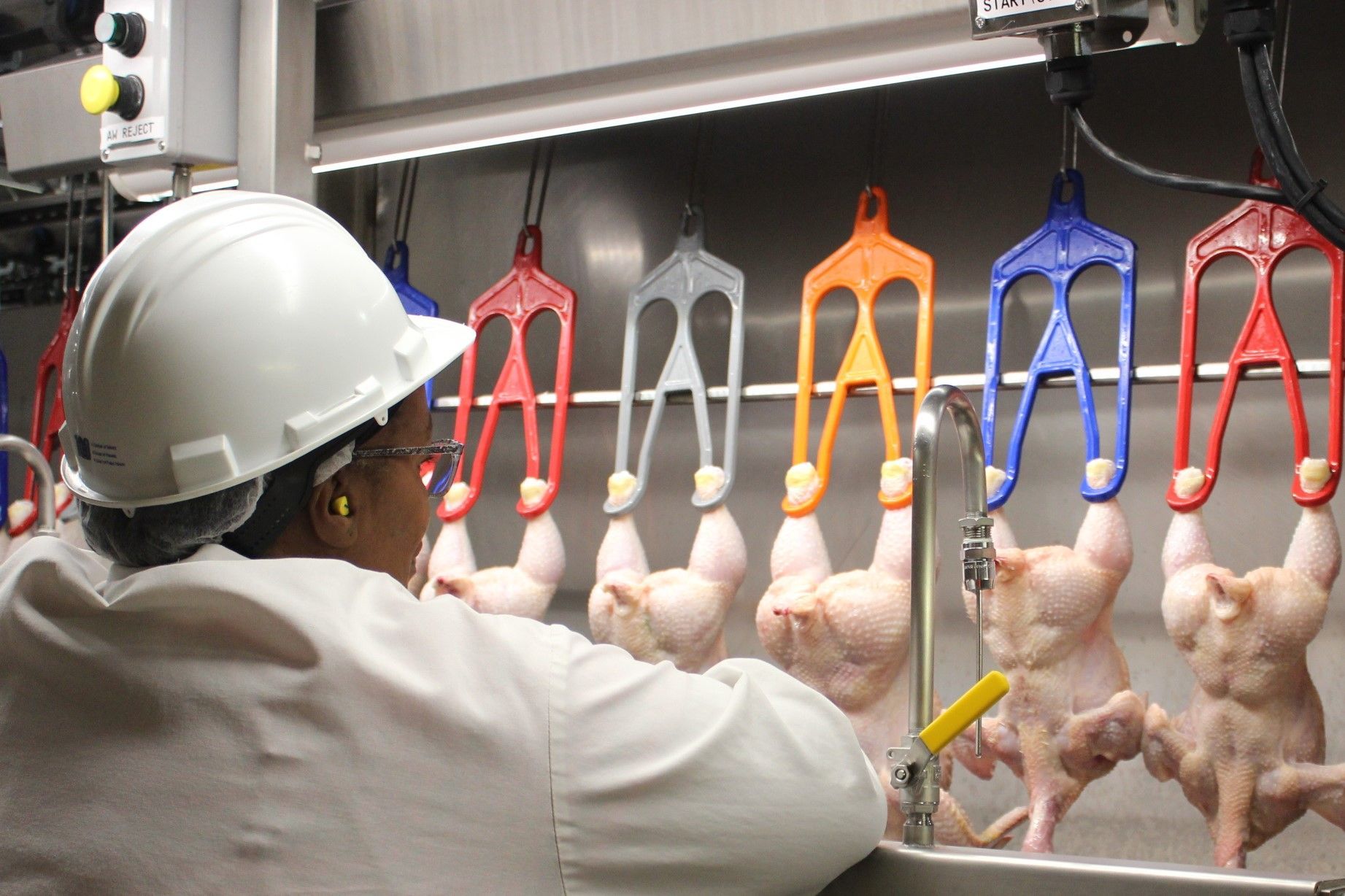
Recent budget cuts at the Health and Safety Science Services (HSSS) have sent shockwaves through the scientific and public health communities, threatening the very infrastructure designed to protect us from disease outbreaks, food contamination, and medical crises. These cuts have affected food inspectors, vaccine scientists, Alzheimer’s researchers, and experts studying bird flu, among others—positions that are essential to ensuring public safety and advancing critical medical research. The consequences of these decisions will be dire, potentially reversing years of progress and exposing society to increased health risks.





